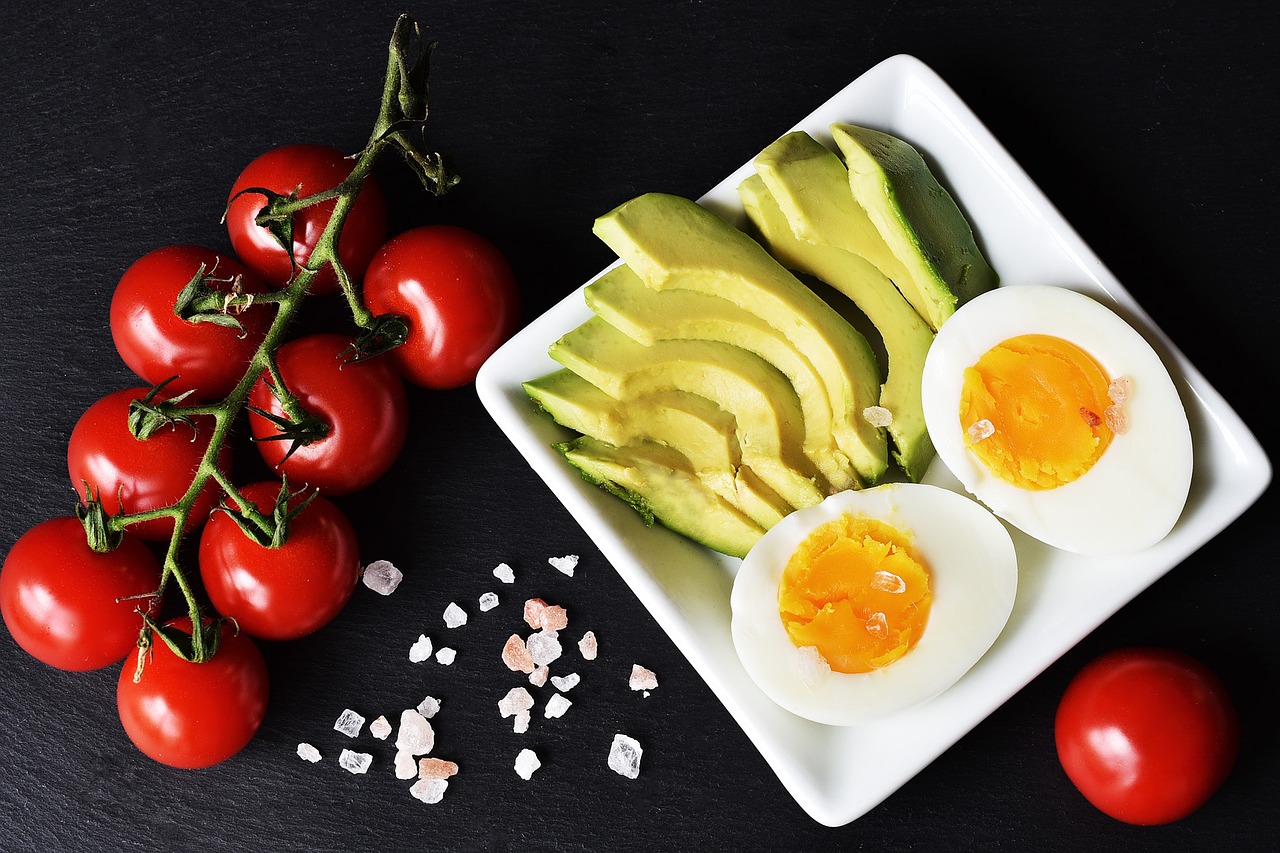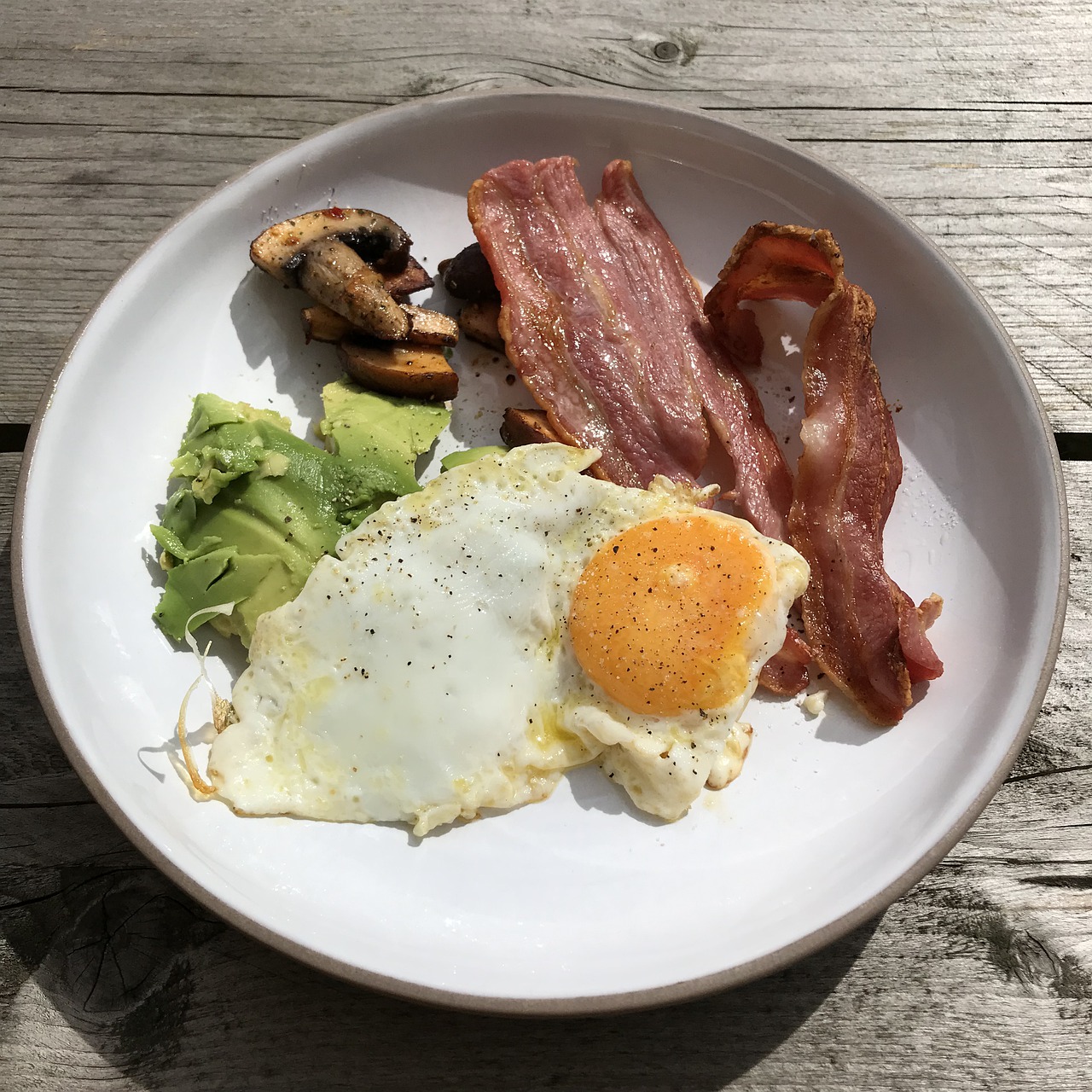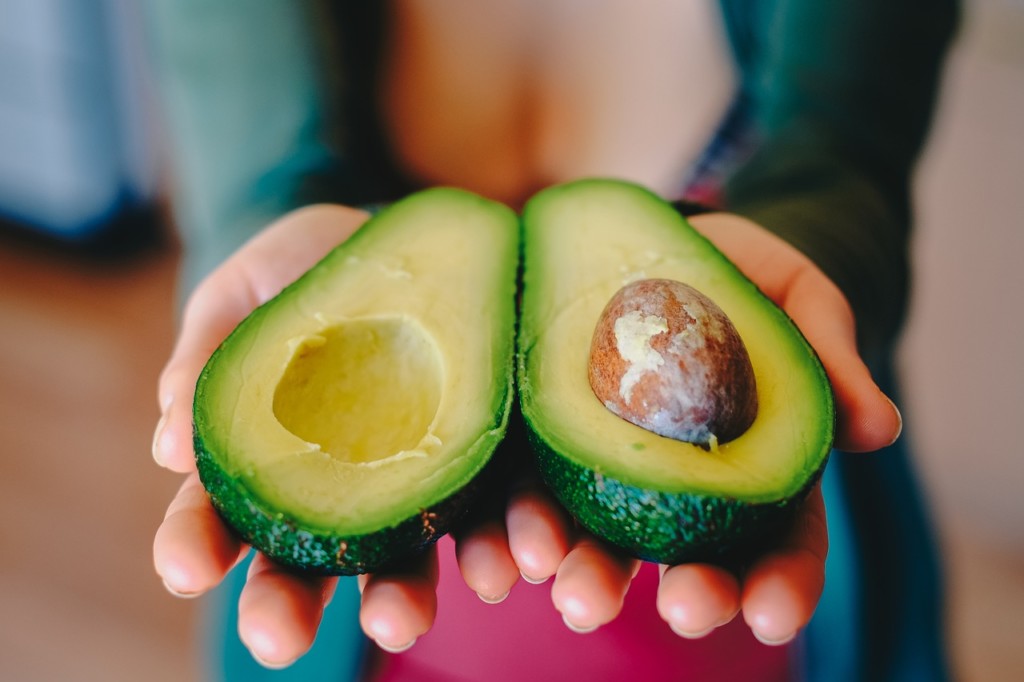Visit ketogenic diet is a version stricter from the Low Carb High Fat diet. Like its "soft" counterpart, the LCHF, this plan is based on with a high fat content and a low fat content carbohydrates.
The aim is to induce the liver to synthesize ketones, which replace glucose as a fuel of the body. According to proponents of this diet, this natural state generates a large number of benefits for the body. But this diet also has its detractors.
This content is part of the guide Blooness, the guide to the ideal human diet, the summary of which you can find here 🌱🥑
Macronutrient distribution on the ketogenic diet
In the LCHFCarbohydrate intake is generally around 100 to 150g of carbohydrates / day, and around 5 to 10%, although there is no official standard, and each individual has his or her own habits.
Find out more about this chapter in the ideal diet for mankind in PODCAST format:
Take control of your diet and never miss another chapter of the guide by subscribing to the Blooness newsletter 🙌

The ketogenic diet is a type of diet that has been tested by doctors since 1921 in the treatment of epilepsy. It is therefore more standardized than the LCHF, and also much stricter.
Macronutrient distribution on the ketogenic diet is roughly as follows:
- Fat (lipids): at least 75%.
- Carbohydrates: as little as possible (ideally no more than 5%).
- Protein between 15 and 20%
Obviously, this distribution must be adapted to each individual's metabolism. But to start with, until we get to know each other, this is the ideal distribution.
It is important to do not exceed 20% of protein intakeThis may hinder the ketogenic diet process.
What's the point of the ketogenic diet?
While the ketogenic diet was of interest at the beginning of the 20th century in the context of the fight against epilepsyToday, it has other applications, some of which are still the subject of debate in the scientific community:
- Some use it as a complementary treatment for certain metabolic diseases and allergies, or to delay the proliferation of certain cancers, in addition to conventional treatments. However, even those who prescribe the diet have reservations about its effectiveness against cancer: alternative research is far from having reached indisputable conclusions. Nonetheless, the anti-inflammatory effects of the ketogenic diet and its intake of good-quality lipids seem at least to bring their share of benefits to patients suffering from serious illnesses often linked to metabolism.
- The ketogenic diet is also used in the context of slimming diets. It causes the body first to use ingested fat as a source of energy, and then to draw on the fat reserves stored in the body. It's a diet that gives very good results, very quickly, and without jeopardizing the body, as can be the case with other low-calorie or high-protein diets, sometimes leading to frustration and yo-yo effects.
- Finally, some athletes have adopted this diet, attracted by the the "new" energy represented by ketones. In fact, a state of ketosis helps to smooth out energy levels over time, and reduces fatigue. It's therefore very useful for endurance sports activities.
The following benefits have been reported by practitioners of this diet:
- A better energy
- A greater concentration
- A longer feeling of fullnessThis is particularly true in the case of sugar addiction and cravings.
- Improved insulin sensitivity
- Reduced inflammation
In terms of hypothetical expected benefits, the ketogenic diet is similar to the LCHF, in that it reduces sugar intake, it helps combat "civilization diseases":
- Allergies
- Cardiovascular diseases
- Alzheimer's, multiple sclerosis, cancer, etc...
An update on ketones
As we said earlier, the aim of the ketogenic diet and of encourage the body to produce ketones. These are molecules that replace glucose when there is not enough of it in the body to provide the necessary energy.
Ketones only appear when the body has run out of glucose, which is its "favorite" energy source. Nevertheless, ketones are no match for glucose. They are an alternative fuel that seems to have a number of benefits, and is particularly appreciated by the brain.

Even better, ketones stimulate the body to burn fat stores and convert them into energywhich makes it easy and natural for dieters to reach their goals. a body weight that's appropriate, aesthetically pleasing and, above all, less prone to weight-related illnesses.
Finally, on the positive side, unlike many other plans, the LCHF plan, and in particular the ketogenic diet is not a deprivation diet in terms of quantity. Of course, you'll have to give up many foods rich in sugar and carbohydrates, but for what remains, you're invited to listen to your hunger, without going overboard either.
Next chapter: which foods are best on the ketogenic diet?

